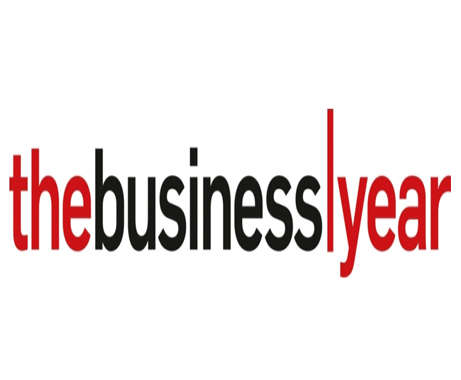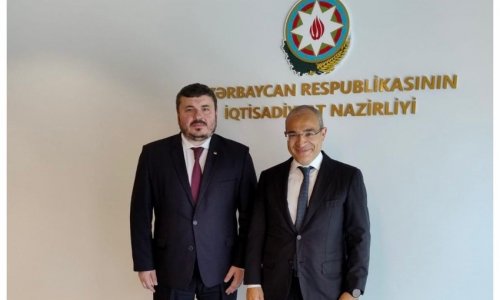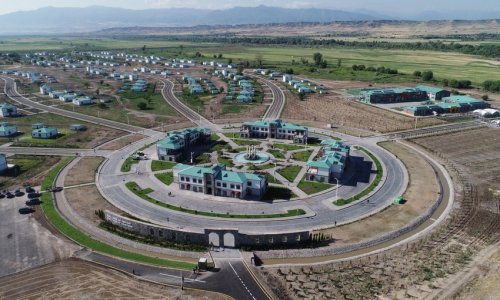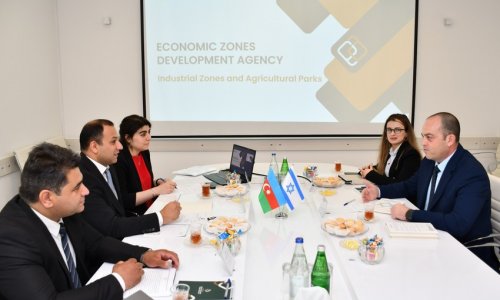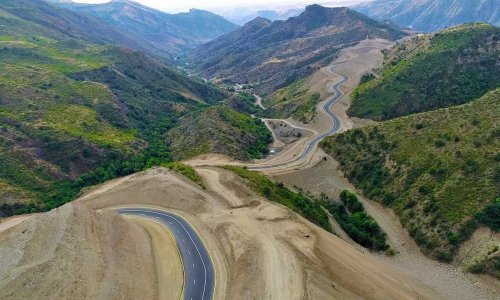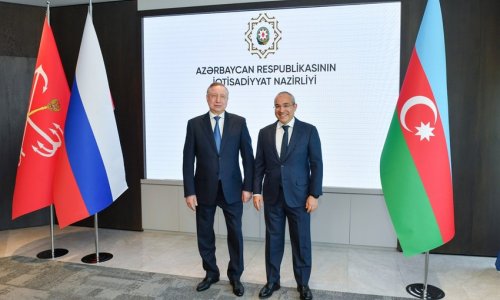Sam Hunt, country editor for The Business Year’s (TBY), has given an interview to AzerNews:
Question: 2015 marks the fifth year of TBY presence in Azerbaijan. What have been the most significant macro-economic trends and structural developments that you have observed across these five years?
Answer: Azerbaijan has developed almost unrecognizably in the past five years. The economy has continued to grow at a significant level and, despite various challenges such as the falling of oil prices, the country has demonstrated a remarkable ability to ride any concerns through carefully chosen investments and sensible policies. SOFAZ, the State Oil Fund of Azerbaijan, has widened its investment portfolio while also reducing expenditure. This is a prudent move bearing in mind that Azerbaijan is still heavily dependent on its income from oil and gas. The Republic is now also an increasingly attractive place for investment and cooperation. While the Final Investment Decision in December 2013 at Shah Deniz II was a monumental moment for Azerbaijan’s economy, it also demonstrated what opportunities are available for foreign investors. Since then, discussions concerning cooperation have been increased between Azerbaijan and countries around the world, not only in the energy sector but also in a variety of others.
Q.: This year also features the First European Games in Baku. In your view, what do you feel made Baku the strongest choice of venue for the event?
A.: The European Games in Baku is the first event of its kind and it signifies a major new sporting event for the continent. As awareness concerning Azerbaijan continues to grow, outsiders have begun to see that Azerbaijan is not only a resource-rich country, but also one that can be highly successful in a number of sectors, not least tourism and sport. Azerbaijan would not have been picked if the European Olympics Committees did not think that it would be able to continue to be successful after the event. However, the most important factor is that Azerbaijan does not need to rely on this event as achievements are being made in a variety of ways. It is the preferred destination not only due to its potential, but more importantly due to its stability.
Q.: From a general perspective, how would you assess Baku’s preparedness for the Games?
A.: Work has been ramped up closer to the event and the construction of venues are on target. Various construction firms have mentioned challenges, but the projects are all on course. From the point of view of accommodation, the city is making numerous preparations for the increasing number of visitors. With the Olympic Village being established, the athletes will be hosted in high quality accommodation, while the five star hotel hotels that are dotted around the capital city have all been making special preparations for the event. In addition to this, the opening of the Boulevard Hotel in May will provide Baku with the biggest conference hotel in the Caspian region. With 818 rooms, the hotel will provide the additional capacity that the city needs for the Games.
Q.: What do you think will be the net impact of the games on the city’s physical and economic development?
A.: Whenever we have spoken to senior executives about the Games, they always mention what will happen after the event, citing investment opportunities or structural developments. Azerbaijan is planning to host many more events of a similar caliber including the Formula One in 2016, and the Islamic Games in 2017. As a growing interest in sport from Azerbaijan’s population – in particular from its youth – should ensure that these venues continue to be an important part of Azerbaijan’s skyline.
Q.: During your research, which areas of Azerbaijan’s economy have demonstrated the most potential for growth and expansion?
A.: This country is full of surprises. Each sector has its own history and develops in a unique way. Agriculture is one of the oldest sectors, and renewed government focus is providing numerous opportunities in this area. Construction is developing at a rapid rate and the continuing growth of Baku White City is an indication of the ongoing development of the city. The ICT sector is constantly innovating as well, supporting SME development, and increasingly becoming an attractive sector for Azerbaijan’s young population. In general, Azerbaijan’s non-oil sectors will be the key to its sustainable development.
Q.: What have been the main reactions to the drop in the oil price, and how has Azerbaijan combatted it so far?
A.: Understandably, there have been some concerns as oil is still a major contributor to Azerbaijan’s GDP. However, Azerbaijan has demonstrated a calm approach, with a shift in policies and many business leaders reshaping their budgets for the year. The Government’s prudence may raise some eyebrows as fast growth has characterized Azerbaijan in recent years. However, in the coming year these measures, along with focus on non-oil sectors, should ensure a stable reaction to global market concerns.
Q.: As Azerbaijan continues to develop and change, what will be TBY’s focus in the coming years?
A.: In a country that is changing as fast as Azerbaijan, it is necessary to adapt and follow the most significant economic trends. We will be focusing on major countrywide events but we will also continue to track the development of the non-oil and SME sectors closely. As Azerbaijan continues to be a major player in the global energy market, we will also analyze how the country innovates and stays ahead of competition as well. Azerbaijan is also becoming a major venue for international events, and so covering Azerbaijan’s success in hosting the forthcoming Formula One, Islamic Solidarity Games, and four games of the UEFA Euro 2020 will be a crucial emphasis for us.
The Business Year (TBY) is a leading research firm and publisher of annual economic resources on national economies. Present in over 25 countries, TBY provides first-hand access to the people and ideas shaping business and policy throughout the world. Each country-specific edition contains a comprehensive range of interviews and analysis, offering an inside look at doing business in the world’s most dynamic economies. TBY’s interviewees, readers, and partners comprise an international network of thought-leaders who are helping to define the future of the global economy.
www.ann.az
Follow us !

